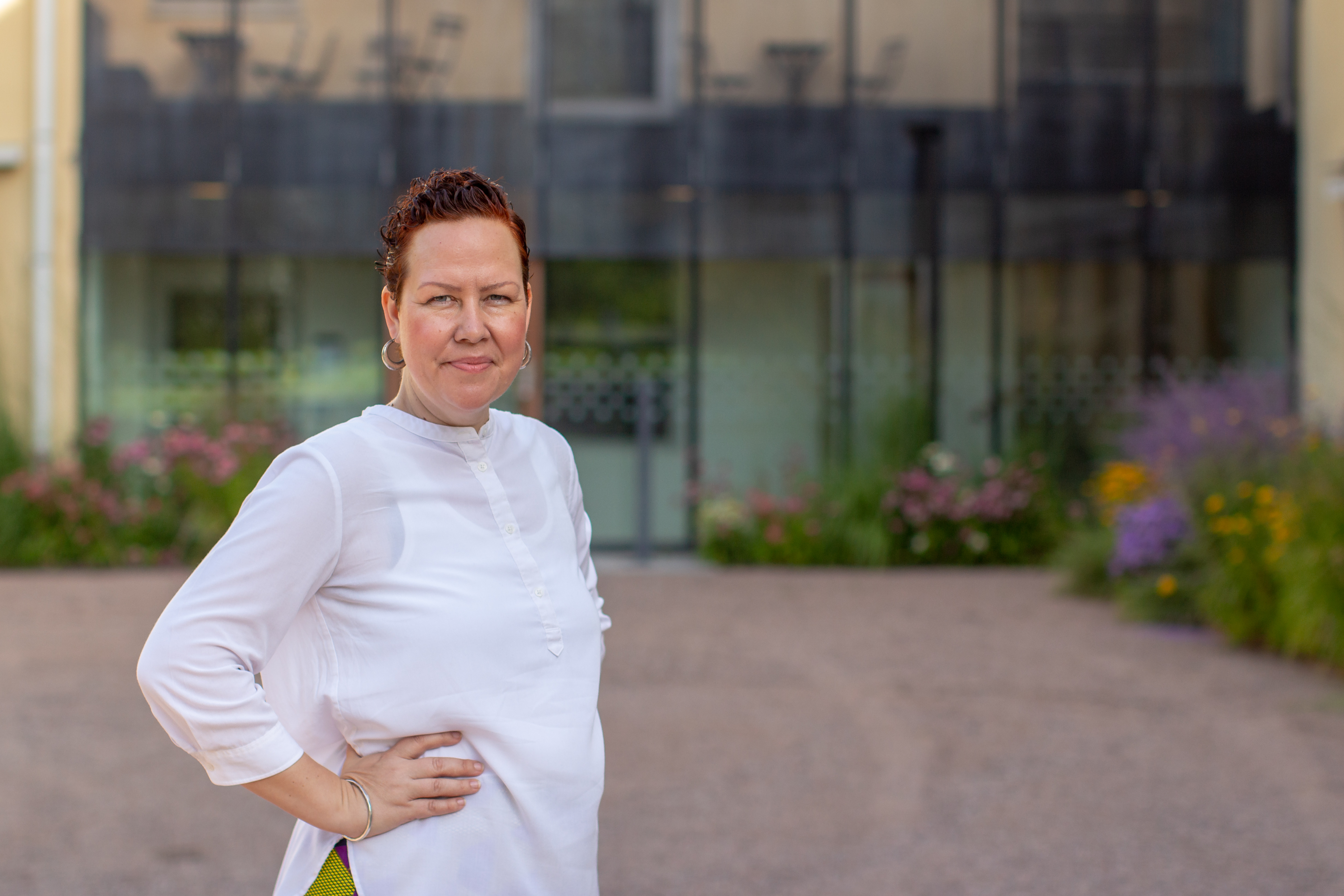I have been thinking for a while on how to attack the issue of the recent protests in Arab countries on my blog.
There are so many aspects that could be covered:
- Could the Jasmine revolution spread to Sub-Saharan Africa? African bloggers’ opinions
- Which country is up next for political change through public protests? Saudi Arabia?
- The Gaddafi-West relationship two weeks ago and today…Read Antony Lowensteins critical blog post
- Egypt is free! Beautiful pictures from The Big Picture
- Gaddafi’s son Saif al-Islam’s PhD thesis at London School of Economics on the role of the civil society in democratization of Global governance institutions…as if that wasn’t ironic enough now it is being scrutinized for plagiarism
- Trapped Ghanaians in Tripoli and Kairo (55 Ghanaians in Libya have been evacuated so far)
- A fourth wave of democratization?
 However all these topics have been discussed already, so I will instead write a few lines about how the current affairs section of my Social Theory class at Ashesi University College this semester – exactly because of the turbulent times – has become the most exciting time of the week.
However all these topics have been discussed already, so I will instead write a few lines about how the current affairs section of my Social Theory class at Ashesi University College this semester – exactly because of the turbulent times – has become the most exciting time of the week.
 Each week four students prepare a brief presentation of the events over the last week, for Ghana, West-Africa, Africa or the World. Neatly dressed as TV-presenters, sometimes even opening with “Welcome to the 9 o’clock news, my name is ….”, they talk us through the recent news and we try to fit the events with the sometimes ancient thoughts presented in the course.
Each week four students prepare a brief presentation of the events over the last week, for Ghana, West-Africa, Africa or the World. Neatly dressed as TV-presenters, sometimes even opening with “Welcome to the 9 o’clock news, my name is ….”, they talk us through the recent news and we try to fit the events with the sometimes ancient thoughts presented in the course.
The developments are unexpected and mind-blowing and as demonstrated above, there are so many interesting aspects (even apart from the often quoted social media angle) of these protests.
These are indeed very interesting days to follow the news, but each week something that is discussed in my class is not present in mainstream media – the situation in our neighboring country.
Have we all but forgotten about the serious political standstill in Ivory Coast?
Photos: Ashesi students presenting the political news of the week.


7 Comments
…Great item!
Kajsa…xpect a mail from me soon, by Mon!
Thanks, Cecil, will keep my eyes on the mailbox!
Still musing over why anything should spread to sub-saharan Africa. Recently, I’ve developed some sense of suspicion for the whole wave of ‘people power.’ I admired Tunisia, Egypt then everything turned artificial of rather jerky for me. I think there is more to this than just the ‘people’ and Libya offers some insight. The ‘people’ there wield guns, for example.
I’m however sad that Ivory Coast is on the silent. It could be a good opportunity for ECOWAS/AU to made moves not influenced by EU or America and secure something good for Ghana’s neighbour.
I have been keeping track of the news items of the several countries involved and kept updating my blog entry. So if you want to have a (short) overview of the developments, day by day, country by country, maybe it could be useful: http://zegmaarwim.blogspot.com/2011/02/overview-middle-east-protests.html .
I find these developments very interesting, it is a big change.
@Nana: interesting comment! I agree about Tunisia and Egypt, but don’t forget that a wave of people daring to stand up, works very inspiring. It might also be a sign of the times, but even in China people are hitting the streets because young (educated) people can’t find a decent job. I know it is a dangerous comparison, but look at Europe in the late 60s, it brought a big change.
I haven’t formed my opinion completely yet, but it is very intriguing.
About Libya: these are indeed armed protests. I don’t believe Gaddafi though, saying that al-Qaeda is behind all this. Look at Ghana here, how many people have cutlers in their homes? I am a peaceloving guy, but people have the right to protect themselves and will stand up when they feel injustice. Even if that injustice has been happening for decades.
Still, I agree with you that the successful oustings in Tunisia and Egypt are the fuel for most of the protests in “smaller” countries. Maybe you heard the saying before: “we all knew we wanted change, but what that ‘change’ exactly would be, that we hadn’t decided yet”, and that is what will be most interesting. Toppling a leader is not the most difficult part, now finding peace and a better way forward, that is the big challenge. Look at Tunisia and Egypt where there are still protests as we speak. Change is coming, but /what/ change, that will be the turning point.
Call me an intrigued bystander.
Hi there friends, how is all, and what you want to say about this piece of writing, in my view its really amazing for me.
Hi there just wanted to give you a quick heads up and let you know a few of the images
aren’t loading correctly. I’m not sure why but
I think its a linking issue. I’ve tried it in two different internet browsers and both show
the same results.